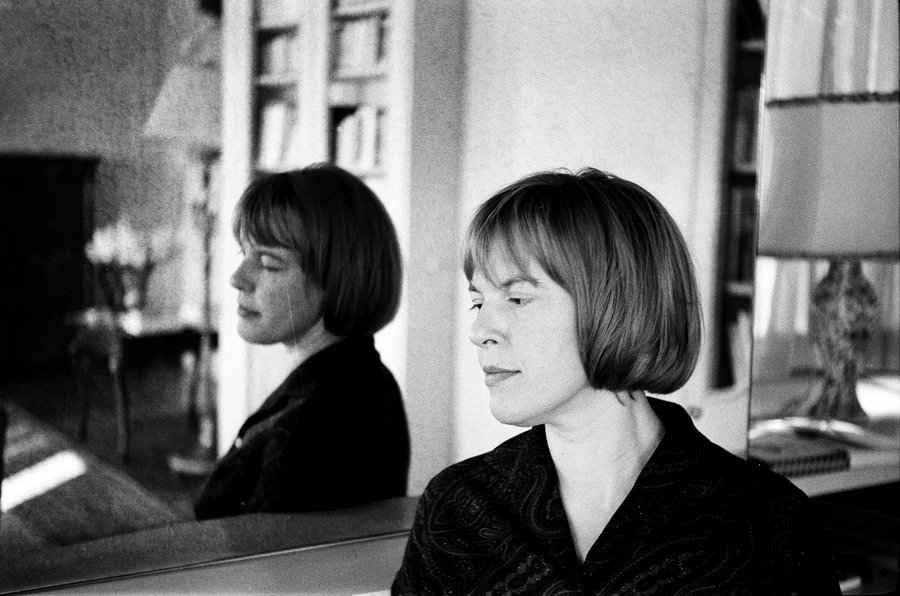Fifty years after her death Ingeborg Bachmann has become a modern classic. She was a cosmopolitan, transnational and rebellious thinker whose work has considerable intellectual reach and political urgency.
Regarded a rising star as a young poet, it was her later prose work which became a fulcrum of feminist theory in the 1980s. Over time, the breadth of her fictional and theoretical writing has received multi-faceted critical attention, not least because of its complicated and ongoing editorial history. Bachmann’s work and life have also inspired a multitude of biographical readings and a certain amount of mythologising. Reading Bachmann Now explores Bachmann’s unbroken relevance as an author who confronts questions of gender (in-)equality and female authorship, legacies of fascism and violence, encounters with otherness and difference, and the difficulties and possibilities of literature in an increasingly volatile world.
A forum for discussion, this conference brings early career researchers together with established scholars and editors of Bachmann’s work. Two panel discussions with Barbara Agnese, Merve Emre, Peter Filkins, Dirk Göttsche and Tess Lewis will address questions of biography, editorial practice, translation and the continued impact of her work.
The conference (18-19 May) is preceded on 17 May by a translation workshop led by Lyn Marven and Áine McMurtry and a bilingual poetry reading by Maja Haderlap and translator Tess Lewis from the collection langer transit (distant transit). The poems trace the history and trajectory of the Carinthian-Slovenian-Italian borderland, which also informed Bachmann’s writing.
To view the full programme & book tickets, please click here.
Advance online registration is essential.
Hosted by the Ingeborg Bachmann Centre for Austrian Literature & Culture at the Institute of Languages, Cultures and Societies (University of London).

